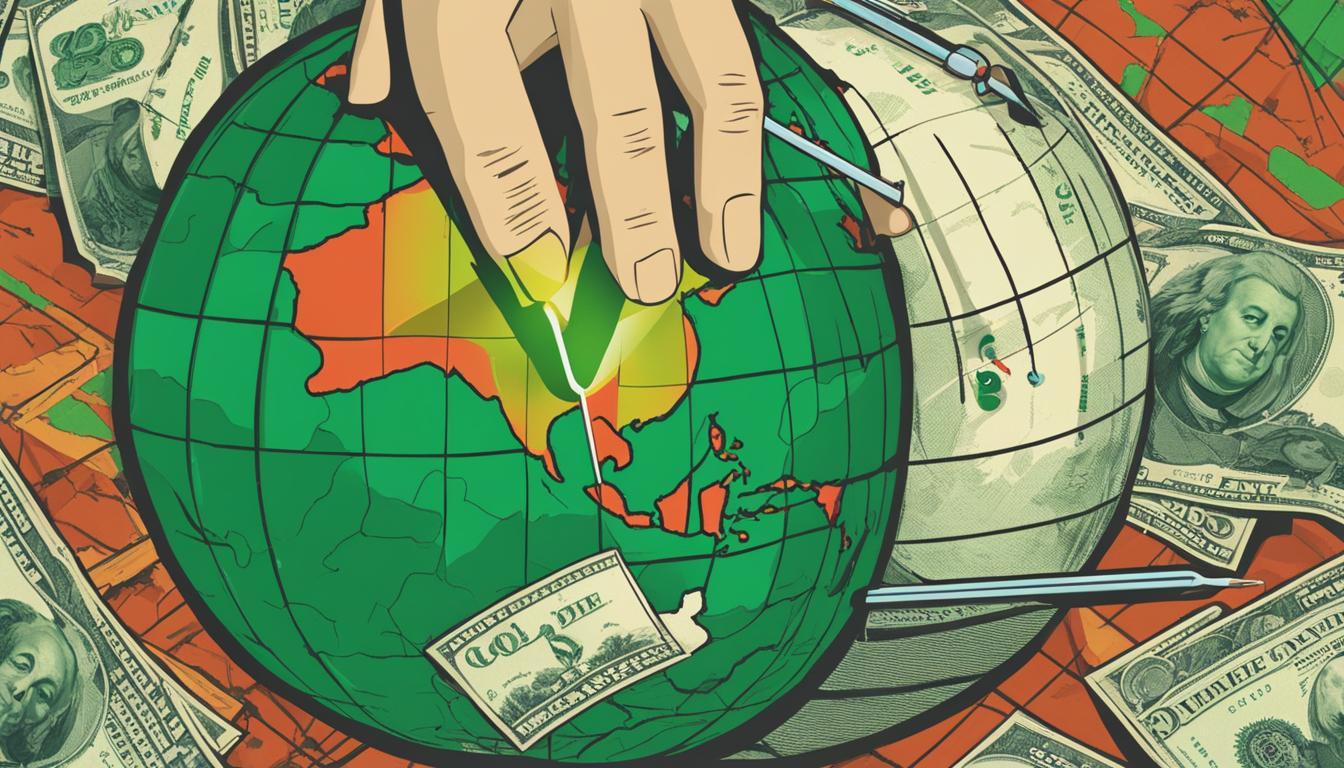Category: Finance Advice for Young Adults
-

Rising Seas, Rising Risks: Personal Risk Management in the Climate Age!
Sea level rise caused by climate change poses significant risks to individuals and their personal finances. Canadian coastal communities are particularly vulnerable to the direct and indirect health impacts of sea level rise, including increased potential for drowning and physical injuries, contamination of water and land, reduced water quality and security, expansion of mosquito habitat,…
-

Living Green: Sustainable Living and Its Financial Benefits!
Climate change and environmental degradation have become pressing issues that require immediate action. Sustainable living offers a solution that not only helps combat these challenges but also brings financial benefits. By adopting an eco-friendly lifestyle, individuals can contribute to a greener future while enjoying the advantages of financial sustainability. In this article, we will explore…
-

Greening Your Wealth: Climate Change and Wealth Management Strategies!
The impact of climate change is becoming increasingly significant, affecting various aspects of our lives, including wealth management. As the world grapples with the need to tackle climate change, individuals and businesses alike must adopt strategies to navigate this new landscape and ensure their financial well-being. In this article, we will explore the concept of…
-

Cool Products for a Hot Planet: Financial Products for the Climate-Conscious!
As the world becomes more aware of the urgent need to address climate change, there is a growing demand for financial products that align with sustainability goals. Consumers are increasingly seeking out climate-conscious solutions, and financial institutions are rising to the challenge by offering a range of green and sustainable finance options. These innovative financial…
-

Green Gold: Unearthing Investment Opportunities in a Climate-Conscious World!
Climate change is driving significant shifts in investment strategies, with a growing focus on green and climate-conscious opportunities. As the world strives for sustainability, investment decisions are being influenced by environmental, social, and governance (ESG) themes. One sector that has recognized the importance of these factors is the gold industry. Historically, the gold industry has…
-

Every Cent Counts: How Daily Spending is Affected by Climate Change!
Climate change is a pressing global issue that affects every aspect of our lives, including our daily spending habits. The burning of fossil fuels, which releases greenhouse gas emissions, is the primary driver of climate change. These emissions contribute to rising temperatures and various climate-related impacts such as droughts, floods, and extreme weather events. As…
-

Eco-Savvy Spending: Boosting Financial Literacy in a Warming World!
The intersection of climate change and financial literacy is a pressing issue that demands our attention. As the world grapples with the effects of a warming planet, understanding how our financial decisions can contribute to sustainable solutions is more important than ever. By promoting eco-financial literacy, we can empower individuals to make informed choices about…
-

Don’t Drown in Debt: Managing Your Finances in a Climate-Changed World!
Climate change and debt management are two pressing issues that individuals must navigate in today’s ever-changing world. As the effects of climate change intensify, they bring new challenges that can impact our financial well-being. Managing debt in a changing climate requires strategic planning and financial resilience to ensure a secure future. According to data from…
-

Weathering the Storm: Building an Emergency Fund for Climate Change!
Climate change is causing severe weather events and economic impacts around the world. Real estate and infrastructure sectors are particularly vulnerable to these impacts. The cost of weather and climate disasters has been increasing, with the number of billion-dollar events growing over the years. Cities, states, and companies are adopting strategies to mitigate and adapt…
-

Planning for the Unpredictable: Financial Strategies in the Climate Era!
Climate change is a pressing global issue that has far-reaching implications for the economy and financial planning. As the world strives to achieve the goals set by the Paris Agreement, trillions of dollars in investment will be required annually. However, current global climate finance falls short at around $630 billion per year, with debt being…
